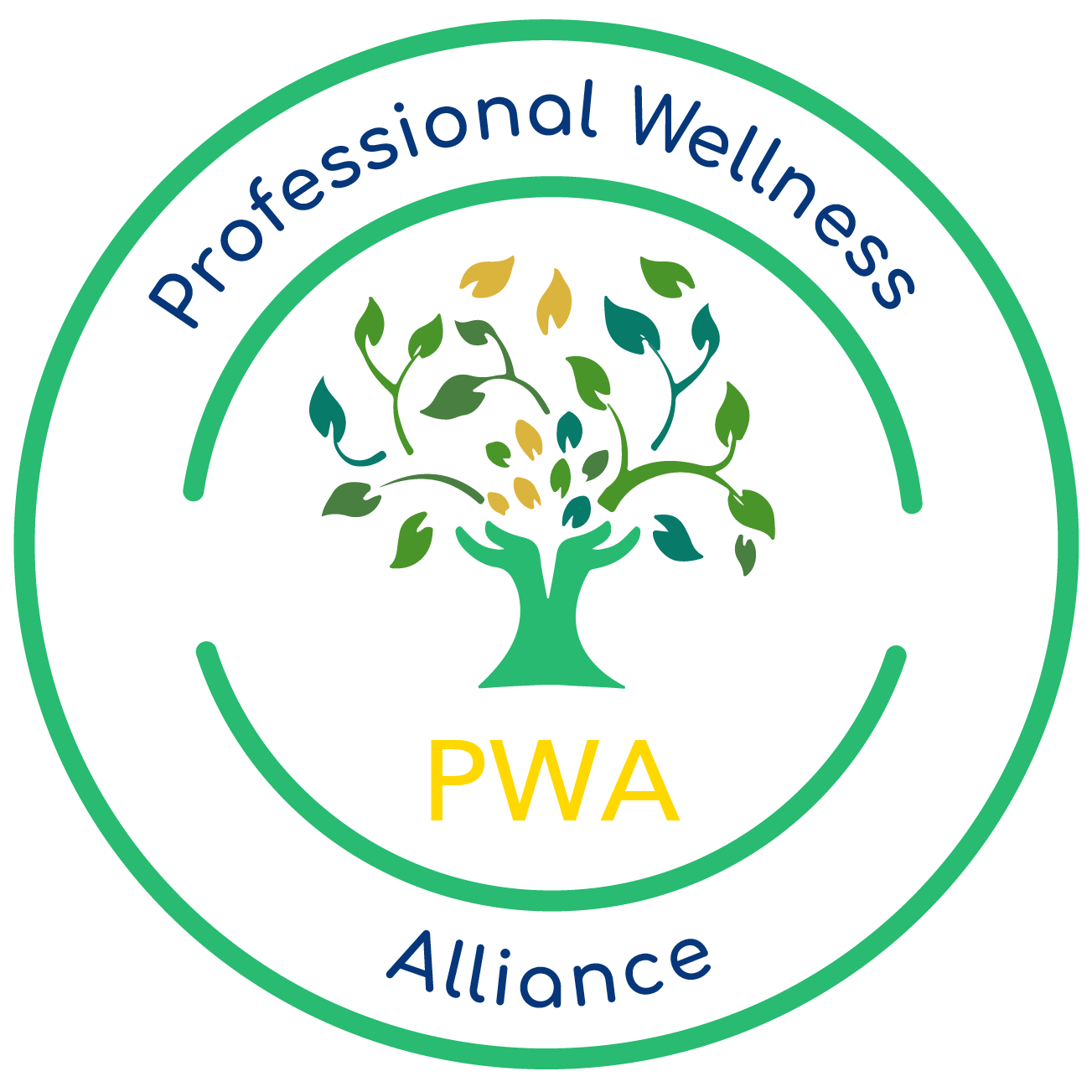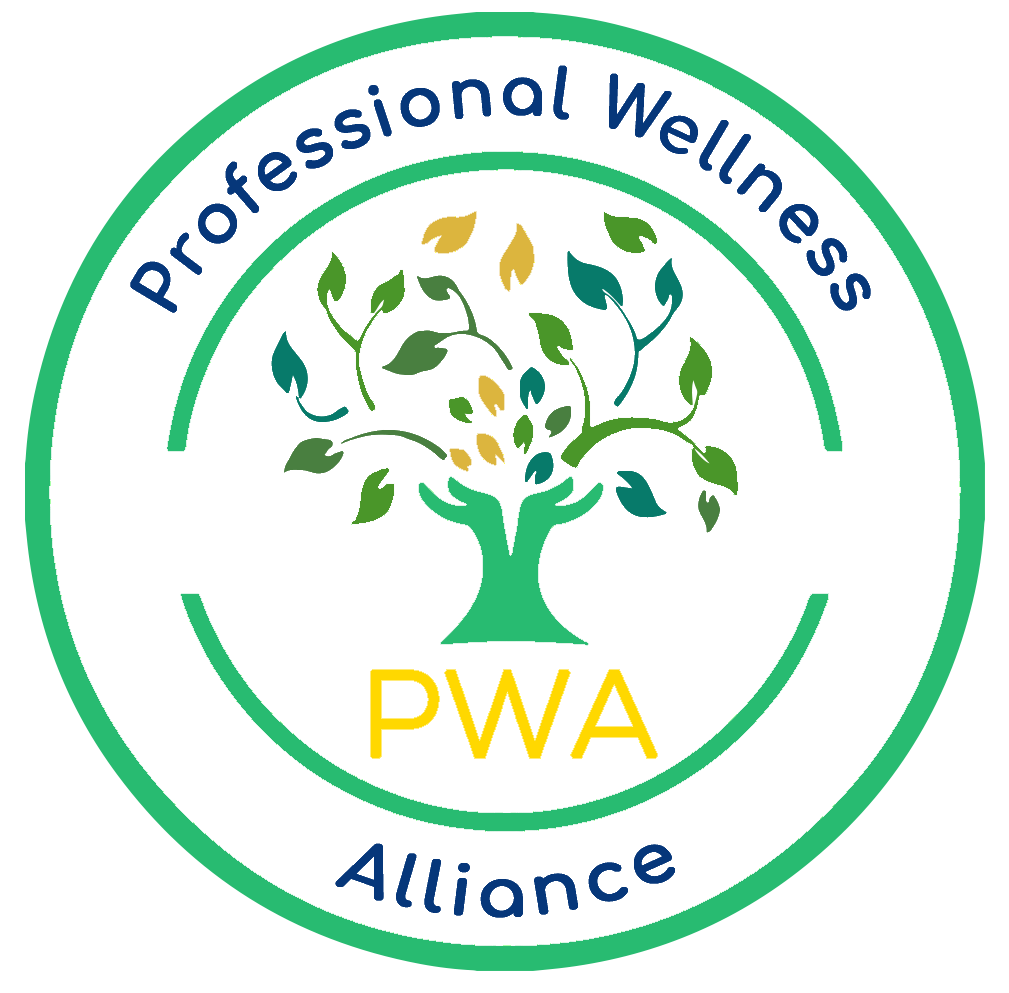Across the country, millions of people are educating and empowering themselves about holistic healthcare options, including holistic, integrative, naturopathic, and functional medicine.
Conventional medicine is an effective choice for acute issues such as a heart attack and injuries caused by trauma, such as surgery for broken bones from a car accident. Yet the conventional medical system has failed to prevent widespread chronic health and mental health issues such as heart disease, obesity, anxiety, depression, and Type 2 Diabetes. Much can be done to promote healthy lifestyles and natural healing to address many of these common health problems.

The mainstream medical system usually favors synthetic, pharmaceutical treatments for symptoms, yet often fails to address the underlying causes of disease. The opioid epidemic in America is a prime example of a serious public health issue closely tied to the financial interests of the pharmaceutical industry, or Big Pharma. More than ever, Americans are questioning whether a pharmaceutical fix is always the right choice for their health.
The first step is to learn about other healthcare alternatives, including holistic, integrative, naturopathic, and functional medicine.
Know your terms in holistic and alternative medicine
Within the growing movements for natural health and healing, you hear a variety of terms to describe healthcare that goes beyond the conventional route of pharmaceutical and surgical treatments.
Here’s a guide to understanding the similarities as well as the important differences between integrative, holistic, functional medicine, and naturopathy.
Contrast to conventional medicine
One thing that integrative, holistic, functional medicine and naturopathy have in common is that they stand in contrast to mainstream, conventional  medicine.
medicine.
The dominant mainstream model of medicine is based on a reductionist model of health. This model “reduces” complex biological functions into their parts, in order to find a single cause and cure. It tends to compartmentalize the body into separate organs or systems. Practitioners of modern medicine often fail to collaborate or communicate across specialties for the benefit of the patient’s overall health.
Several terms are used in reference to conventional medicine:
- Allopathic Medicine refers to science-based, modern medicine. In allopathy, surgery and/or pharmaceutical medications are used to suppress or treat symptoms or diseases.
- Biomedical health care emphasizes the biological causes of disease, downplaying environmental, psychological, and social causes.
- Western Medicine is commonly used interchangeably with conventional medicine. It is called “Western” because it arose in europe and is now the primary and dominant form of healthcare in most of the world.
Alternative vs. complementary medicine
Non-conventional heath approaches can be used in addition to or in lieu of conventional medicine. Complementary and alternative medicine can refer to the same modality, depending on how it is used — whether it is used alongside or instead of conventional treatment.
Alternative medicine is used in place of conventional medicine. Herbal, ayurvedic, and Chinese medicine are examples of entire health systems that evolved completely outside of Western medicine. For example, a person with a cold may opt for an alternative approach by using herbal remedies and plant-based supplements instead of taking synthetic pharmaceutical medications.
Complementary medicine is used in parallel with conventional medical treatment. For example, a person with cancer who receives reiki or singing bowl sound therapy after a chemotherapy session.
Ancient and modern approaches
Some approaches return to traditional or ancient practices such as acupuncture, herbalism, and reiki, and apply them to modern-day patients. Others work with new technologies, such as frequency, magnets, machines and sound recordings. Many combine old and new by using new technologies to study and research traditional healing. Still others apply both traditional and modern therapies at the same time.
Holistic definition
The word “holistic” is a general term that refers to the idea that a person’s health should be addressed as a whole, rather than the sum of its parts. Holistic health approaches take into consideration the whole person, including their physical, social, mental, emotional and spiritual well-being.
Holistic medicine and alternative medicine are terms that are often used interchangeably, yet they are not the same. The former refers to many forms of medicine that consider the whole person, while the latter refers to a certain modality or therapy being used as an alternative to conventional treatment.

Holistic Medicine
A holistic approach to health and healing will often incorporate several of the following:
- Acknowledges the body’s processes and systems operate as a whole vs. the reductionist view of a machine-like body with separate, isolated parts and systems
- Encourages practitioners to collaborate and communicate
- Seeks to address the root cause of a condition, rather than simply treating symptom
- Asserts a connection between spiritual, mental and physical health
- Acknowledges non-physical systems such as energetic and magnetic fields
- Favors non-pharmaceutical treatment and non-surgical interventions
- Can include the short-term use of pharmaceutical interventions while root cause is being addressed
- Patient-focused, personalized
- Takes into consideration environmental, community and social contexts that impact health
- Values empowering patients to take hold of their own health and make lifestyle changes

Practitioners of holistic medicine will often look at multiple factors that can affect a symptom or condition. They may use pharmaceutical or surgical interventions while also helping the patient to address potential factors that could be related to their condition such as:
- Diet
- Sleep
- Stress
- Exercise
- Spiritual practice
- Lifestyle
- Personal problems
- Relationships
While conventional medicine often emphasizes the role of the practitioner diagnosing and “fixing” a disease, in holistic medicine, each person is seen as responsible for their own health and healing, with the support of the healthcare provider and a team of holistic health practitioners.
Holistic medicine can be considered an “umbrella term” because a practitioner may provide many complementary or alternative therapies such as:
- Acupuncture
- Massage therapy
- Craniosacral therapy
- Myofascial therapy
- Chiropractic care
- Psychotherapy
- Counseling
- Naturopathy
- Reflexology
Integrated medicine and integrative medicine
Some people consider integrative medicine a “have your cake and eat it too” approach in which holistic modalities such as acupuncture, aromatherapy, massage, craniosacral, and others are selectively integrated into conventional diagnosis and treatments.
 This approach uses a spectrum of therapies, whether they are alternative or conventional, as long as they are deemed helpful in restoring health. In the US it is known as integrative medicine, and in the UK it is known as integrated medicine. Both terms refer to the same concept. Integrative medicine can be seen as falling within the category of holistic medicine because it takes the whole-person into account.
This approach uses a spectrum of therapies, whether they are alternative or conventional, as long as they are deemed helpful in restoring health. In the US it is known as integrative medicine, and in the UK it is known as integrated medicine. Both terms refer to the same concept. Integrative medicine can be seen as falling within the category of holistic medicine because it takes the whole-person into account.
Unlike conventional medicine, which tends to focus on disease and treatment, integrative medicine focuses on healing and health. While conventional medicine tends to focus primarily on the physical body and symptoms, integrative health takes into consideration the mental and spiritual dimensions of each individual.
Those who practice integrative medicine address relationships, mental health, diet, sleep, exercise, and other factors that contribute to lifestyle. While conventional doctors consider themselves experts in disease and treatment, those who practice integrative medicine seek to become experts in health and balance between the many interconnected aspects and dimensions of health.
Functional medicine
Functional medicine builds upon both conventional and holistic systems and is known for being one of the most comprehensive approaches. This contrasts with conventional medicine, which usually focuses on treating symptoms with pharmaceutical or surgical interventions.
The conventional system does tend to work better for acute issues than forchronic health problems. For chronic health problems, a licensed medical professional who uses functional medicine will apply a systems biology approach to find out what is going on and why. They believe that chronic conditions are often complex and can have multiple causes. Thus the treatment will also have multiple dimensions.

Functional medicine has earned credibility because it is science-based and many of the doctors who practice it were first trained in the conventional model. This approach requires an analysis of extensive background information from the patient including biochemical and genetic factors.
Integrative medicine and functional medicine have several things in common, such as the whole-patient approach, searching for the root cause of imbalance and disease, and using both conventional and non-conventional practices. Like most holistic approaches, it empowers the individual to make lifestyle changes and to work collaboratively with the medical professional to find long-term solutions.
Naturopathy
Naturopathy is a system that looks at the whole person and encompasses the mental, spiritual, physical dimensions of health. It was brought from Germany to the US in the 1800s and gained a following that continues to this day. It brings together traditional healing practices with modern medicine.
Its mission is two-fold: to help each person access their own body’s natural healing power and to educate patients so they can make healthy lifestyle changes. A key aspect of the naturopathic approach is the use of natural remedies to promote and support the body’s innate capacity for self-healing. For this reason, it emphasizes prevention and a health plan that incorporates all aspects of a person’s life.

A naturopath generally favors non-invasive therapies such as diet, massage, acupuncture, spinal adjustments, exercise, and herbal supplements. However they may support the use of surgery or pharmaceutical drugs in the short term, while long-term lifestyle changes and other therapies take effect.
Many people see a naturopath for preventative care, even if they are not sick. Others use naturopathy for chronic diseases or health problems such as obesity, pain, digestive issues, asthma, allergies, hormone and fertility issues.
Benefits and risks of holistic medicine and alternative medicine
The benefits of holistic medicine are many. One is the empowerment and responsibility of knowing that your health is truly in your hands. Holistic medicine can help people make lasting lifestyle changes that help prevent diseases later in life.
Many people come to holistic and alternative medicine after having exhausted the options within the conventional system and getting little relief. Whole-person approaches with many options and modalities give you greater freedom and opportunities to find out what works for you.

One of the biggest risks in holistic medicine is that a person might postpone or disregard important medical care by following an alternative modality. For example, you wouldn’t go to an aromatherapist or crystal healer to treat cancer or a broken leg. Rather, essential oils or and crystal therapy could play a supportive, complementary role in recovery from a broken bone or healing from a surgery to remove a tumor.
To make best use of holistic options and minimize risk:
- Use good judgement about how and when to opt for holistic and alternative medicine, and when to use conventional modern medicine.
- Take holistic treatments seriously. Some herbal treatments can be just as potent as synthetic pharmaceutical drugs and should be treated as such.
- Maintain open communication with both your primary care physician and holistic practitioners about any medications, supplements or remedies you are taking, to avoid contraindications.
It is in your best interest to find experienced, well-trained, and licensed holistic health practitioners who use best practices to protect your health and safety. For instance, the Professional Wellness Alliance (PWA) Community includes thousands of licensed practitioners who provide a variety of holistic services.
The PWA Community is also open to anyone interested in receiving holistic services! You can sign up as a FREE member and get access to the full practitioner directory here.
Are you a holistic practitioner? Join the PWA Community and learn how to protect your holistic services from legal troubles.
.png?width=350&height=350&name=professional-wellness-alliance-logo%20(2).png)




